Multiobjective Optimization Methods for Simultaneous Mesh Quality Improvement and Untangling of Planar Quadrilateral Meshes
Please login to view abstract download link
Computational simulations of physical phenomena, such as fluid dynamics or structural analysis, require the numerical solution of partial differential equations (PDEs) on computational meshes. It is crucial that the PDEs be solved both accurately and efficiently to obtain reliable simulation results. This requires the meshes to be of high quality. The presence of even a few inverted or poor-quality mesh elements can significantly impact the stability, convergence, and efficiency of a finite element solver. They can also affect the accuracy of the numerical PDE solution. For meshes used in finite element analysis, a mesh is said to be explicitly tangled if one or more elements has a negative Jacobian determinant. Whereas the mesh is said to be implicitly tangled if one or more elements is partially inverted. Meshes can become tangled through mesh deformation or smoothing or by other means. Hence, mesh untangling and mesh quality improvement are two important areas of investigation. Many optimization-based methods have been developed for use in mesh quality improvement and untangling. Traditionally, two separate optimization problems were solved in a sequential manner to untangle the mesh and then improve its quality. However, Escobar et al. showed it is possible to combine the two separate objective functions into a single optimization problem. In this talk, we focus on the development of multiobjective optimization methods for simultaneous untangling and smoothing of planar quadrilateral meshes. Our focus is on methods which improve the worst element quality. Since the corresponding optimization problems are nonsmooth, we propose two derivative-free multiobjective optimization methods for this purpose. Our algorithms are based on the pattern search and Nelder-Mead methods. Experimental results demonstrate that are methods can simultaneously eliminate inverted elements and improve the worst quality element for quadrilateral meshes.

